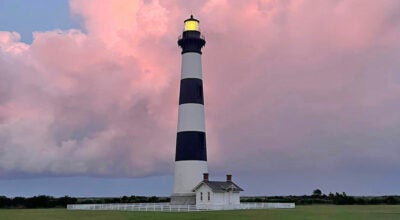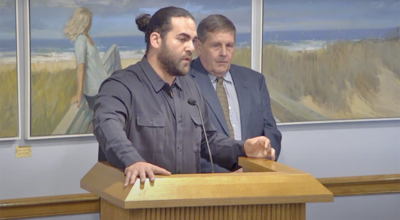School vaccination deadline extended in North Carolina
Published 11:27 am Saturday, August 15, 2020
|
Getting your Trinity Audio player ready...
|
North Carolina Governor Roy Cooper issued Executive Order 156, which extends, but does not waive, proof-of-immunization and health assessment documentation deadlines for school and childcare facilities. With healthcare visits limited in some cases due to the ongoing COVID-19 pandemic, the order will give students and families more time to get their required vaccines and health assessments completed.
The Executive Order and a State Health Director Memo issued by State Health Director Dr. Elizabeth Tilson extends North Carolina’s current proof-of-immunization deadlines for students enrolled in public, private or religious educational institutions, including childcare facilities and K-12 schools as well as colleges and universities. The Executive Order also extends the deadline for each child entering a North Carolina public school for the first time to submit a school health assessment.
In typical years, proof of required immunizations and health assessments are required within 30 days of the first date of attendance of school. After the 30 days, children are to be excluded from school until the family provides documentation of requirements.
This year, the 30-day “grace period” for all students will begin Oct. 1, 2020. The North Carolina Department of Health and Human Services similarly extended immunization and health assessment deadlines in September 2018 during the aftermath of Hurricane Florence.
Whether children are home-schooled or attend school in-person or by remote learning, they are required by state law to be immunized based on their age for certain vaccinations as recommended by the Centers for Disease Control and Prevention.
For a list of school requirements, go to immunize.nc.gov/schools/schools.
Financial concerns should not act as a barrier to childhood immunization. The Vaccines for Children program offers free vaccines to families who cannot afford to pay for their children’s vaccines (through 18 years of age) and federal law requires most private insurance plans including Medicaid to cover recommended preventive services such as vaccinations at no out-of-pocket cost.
READ ABOUT MORE NEWS AND EVENTS HERE.
RECENT HEADLINES:






